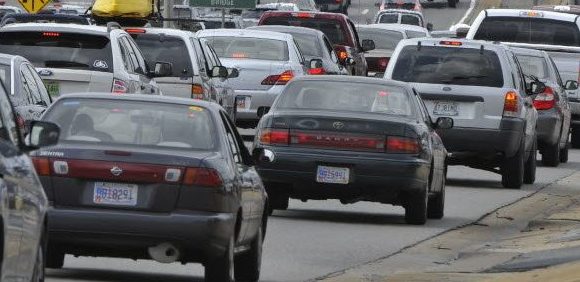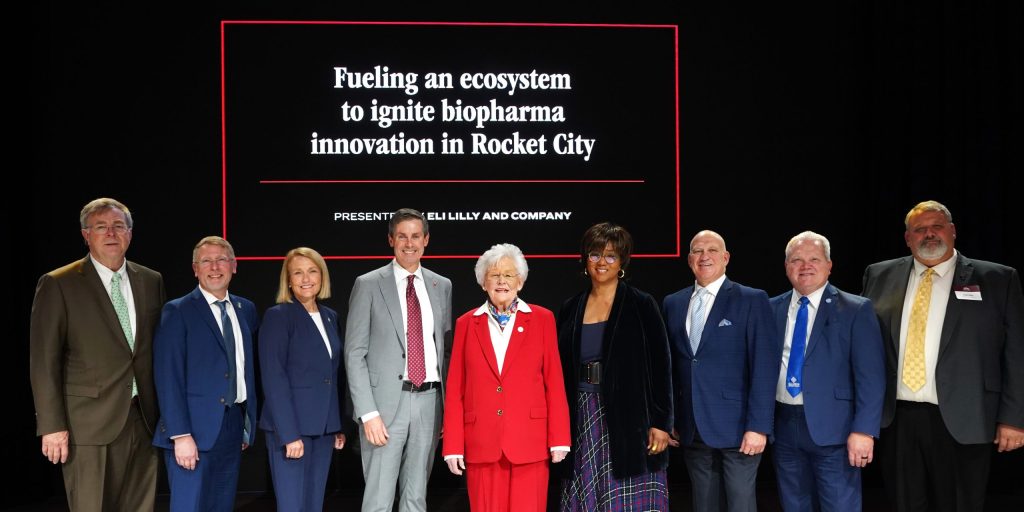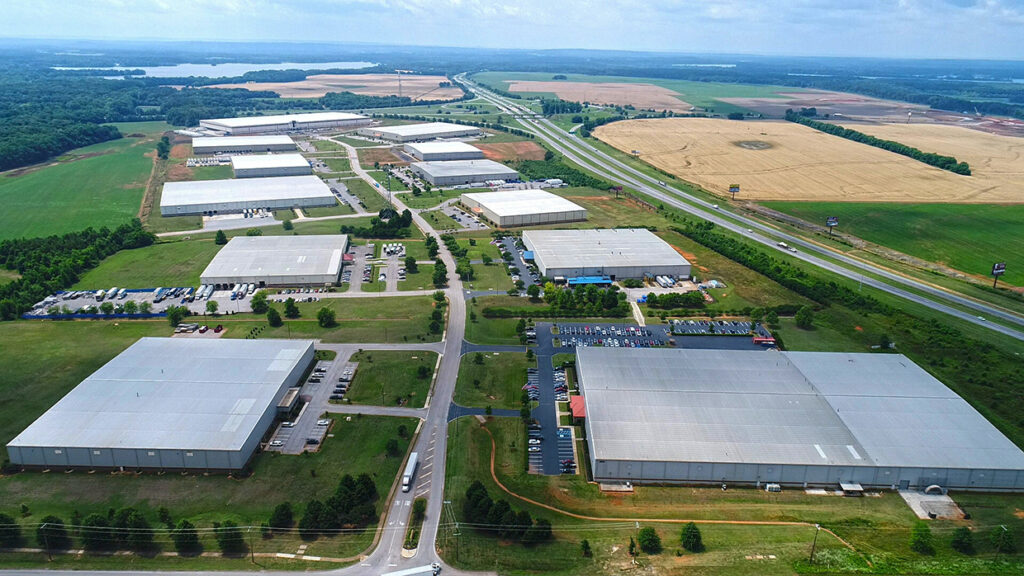HUNTSVILLE — Huntsville is buzzing these days, and with its growth as Alabama’s largest city, planners and public safety officials have their hands firmly on the wheel when it comes to transportation safety.
With Huntsville’s population steadily on the rise, more people are hitting the roads — whether they’re driving, taking public transport, biking, walking or using wheelchairs and other mobility aids. And while this presents some safety challenges, it also provides opportunities to make the city’s transportation network better for everyone.
To help ensure safer travels now and in the future, the city adopted Vision Zero, a plan to eliminating roadway fatalities and serious injuries by the year 2055. Vision Zero emphasizes the Federal Highway Administration’s Safe System Approach to transportation planning, which anticipates human mistakes and applies a systems approach to traffic safety. This involves not only promoting a culture of safety throughout the community, but also designing and managing roads to try and keep the risk of a mistake low
The city’s Department of Urban & Long-Range Planning held a series of public meetings to solicit comments on everything from how to reduce crashes and combatting speeding to improving pedestrian safety.
“Community input is key to ensuring we meet the objective of Vision Zero,” said Dennis Madsen, manager of Urban & Long-Range Planning. “By listening to residents, as well as our public safety officials and engineers, we endeavor to create a safe environment for all transportation network users, ensuring everyone can get around safely and easily.”
Data mining
Public input is only part of the roadway safety equation. City leaders also analyze traffic patterns, crash statistics and accident hotspots, using data to figure out where improvements are needed most.
Despite a steady population growth, Huntsville’s crash statistics are not yet cause for concern. Also, of the 8,452 crashes reported in 2023 within the city limits, nearly 80% resulted in vehicle damage only. Three-tenths of a percent (0.3%) of those crashes involved a fatality.
With a philosophy of one fatality is one too many, city leaders believe education and accountability are significant components to eliminating roadway fatalities and injuries. City, state and federal tax dollars can make roads safer, but poor judgment behind the wheel is often the most significant contributing factor to crashes.
“Addressing human factors can lead to targeted interventions, including public awareness campaigns, enhanced driver education and strategic enforcement efforts to improve road safety in Huntsville,” said Nicholas Nene, director of Traffic Engineering. “Such initiatives align with the Federal Highway Administration’s focus on influencing driver behavior to reduce crash risks.”

Crash factors
A deeper dive into Huntsville’s crash data from 2023 reveals human error is a primary factor. Key causes include following too closely, misjudging stopping distances, and improper lane changes.
- Following too closely (26.1% of accidents): Tailgating is the biggest culprit, causing around 1,450 crashes in 2023. When drivers follow too closely, it affects their reaction time, making rear-end collisions more likely.
- Misjudging stopping distance (14.1% of accidents): This happens when drivers can’t judge how much space they need to stop. It’s risky, especially if they need to hit the brakes suddenly.
- Improper lane change/use (13.7% of accidents): This includes around 762 incidents in which drivers forgot to signal or merge safely. These habits increase the chances of sideswipe and merging accidents.
Other crash factors include failing to yield the right of way, running red lights and not noticing hidden objects. While distracted driving is a known factor, it’s hard to determine how much it plays a role. Many accidents caused by following too closely or misjudging stops could involve distractions like checking phones or adjusting music. Unfortunately, many drivers don’t admit to being distracted when accidents happen, so the true impact often goes underreported.
To tackle this issue, the city strengthened its existing hands-free ordinance, making it a primary offense. The measure was also part of a campaign led by City Council President David Little to spread the word about the dangers of distracted driving.
After a six-month public awareness period, Huntsville Police began enforcing the ordinance in July 2024. About 40 warnings and 100 citations were issued in the first three months.
“Roadway safety is a shared responsibility that extends from our two-lane residential streets to the busy Interstate 565,” Little said. “As drivers, it’s our duty to put down our phones, respect the rules of the road and ensure the safety of everyone around us. Together, we can create a safer Huntsville for all.”
Learn more about Vision Zero here.
Learn more about the city’s hands-free ordinance here.











